Sensitivity in Brand Messaging During a Crisis
By now, your inbox is probably full of messages along the lines of, “We’re here for you” or “We’ll get through this together.”
All of these messages are tied to a central theme - Empathy.
During a time of crisis, the last thing a consumer needs is a brand pushing a product into their face. At the same time, while brands need to be more empathetic and understanding, the last thing they should do is fall silent.
“We should ask ourselves whether linking a message to the pandemic serves your brand or its customers right now.”
To avoid sounding tone deaf in messaging during a crisis, brands should focus on:
#1 - Evaluating current content marketing messaging.
Take a look at scheduled posts and marketing campaigns - is the content relevant? Does the ad have a ton of people hanging out together when everyone is advocating “social distance” for the safety of others? That creative / copy may have to wait for another non-quarantine day.
Some brands have made some smooth and swift adjustments to their marketing strategy already. Heineken went from running a positive ad about celebrating people together, to advocating for social distancing near St. Patrick’s Day, their biggest day of the year.
Read more - How to Avoid Sounding Tone-Deaf During The COVID-19 Shutdown
Bud also made the quick change to “redirect $5 million that it normally spends on sports and entertainment marketing to the American Red Cross to support the fight against the coronavirus pandemic.” Their touching new ad highlights those on the front lines - service workers, doctors, teachers…watch it here.
COVID-19 is not going away anytime soon and, even if it does, the impact will be everlasting. Readjust your content calendar to reflect the current conversation.
Read more - Your 2020 Content Marketing Calendar Checklist
#2 - Addressing the consumer’s needs.
What do consumers care about / how can your brand help them during this time?
Evaluating where your consumers are challenged and what they’re currently struggling with may help you identify your approach.
Parents are all of a sudden homeschooling their children while balancing jobs, restaurant areas are suddenly closed, businesses are changing to video conferences for meetings, or are adapting all together like the car dealerships.
Brands like Zoom quickly picked up on this need and opened up their services for free during the crisis. This move not only exposes their product to a massive audience, but serves the needs of their clientele as well. Outdoorsy brands, like REI, picked up on the influx of people using Zoom and utilized the service to create a virtual background that promotes social distancing and the brand at the same time. Restaurants are also adapting to delivery deals or even serving their foods as a produce market to the public.
Here at Setup, we have always been connectors of people. We’ve noticed how people are craving connections with others during this dire time. Without inappropriately pushing our services, we’re trying to facilitate those connections between our clients even more.
Not everyone can be Superman. Make sure to avoid getting too over-eager. There is a balance between offering resources and making a promise you can’t deliver. One brand can’t solve every problem, so stay in your lane and don’t make promises you cannot keep.
#3 - Reinforcing brand values.
Now is the time to focus on building your brand. What does your company care about? Our true colors shine when we’re faced with adversity.
How are you treating your employees during this hard time? Are your current actions truly reflecting what you stand for? If not, take a look at what your values say to practice what you preach.
Consumers are taking note of which companies are treating their employees unfairly at this time. Candidates for interviews are asking future employers how they dealt / are dealing with the coronavirus to determine if that company is the right fit.
People ultimately want to see other people doing good. Companies like Ford and General Motors are chipping in to create medical supplies, Kellogg donated $5 million in food and funds to the food relief efforts, Apple and Facebook are donating millions to relief efforts, Crocs donated shoes to the healthcare workers on the frontline. Right now, people don’t want to be sold to, they want to see people come together. Our agency partner, Nebo Agency, is currently offering free advice to their clients during this difficult time. This act truly reflects their values and that they believe in doing good.
How companies act now will determine a consumer’s loyalty in the future.
Interested to see what other popular companies are doing to serve their employees? Check out this list.
#4 - Investing in the consumer relationship.
How does your brand integrate into the consumer’s new “normal” lifestyle?
Forget selling, have a conversation.
Reassure your clients - emphasize your brand values, safety practices, product cleanliness, and donation efforts.
Caraa bags was quick to adapt to the crisis. After evaluating the situation, they adjusted their messaging to reflect the current situation - emphasizing their machine-washable, cleanly products - a detail the consumer may care about right now. The brand then followed up with information about how they are contributing to the cause - incentivizing their consumers to engage even more with them.
Entertainment and sports industries -- industries that capitalize on people congregating together -- are currently challenged by the world’s pandemic situation. Sports brands and theaters / performers are taking advantage of the situation by engaging and interacting with their fans on social media. Sports channels are even celebrating iconic wins and theaters are broadcasting free performances to allow their consumers to still take part of the magic from a distance.
Right now, things are up in the air and everything is uncertain. The best thing brands can do is double down on marketing efforts and be there for their consumers. It’s important to approach this situation with sensitivity and empathy because everyone is battling something right now. And at the end of the day, businesses are made up of people who just want to be treated like people.

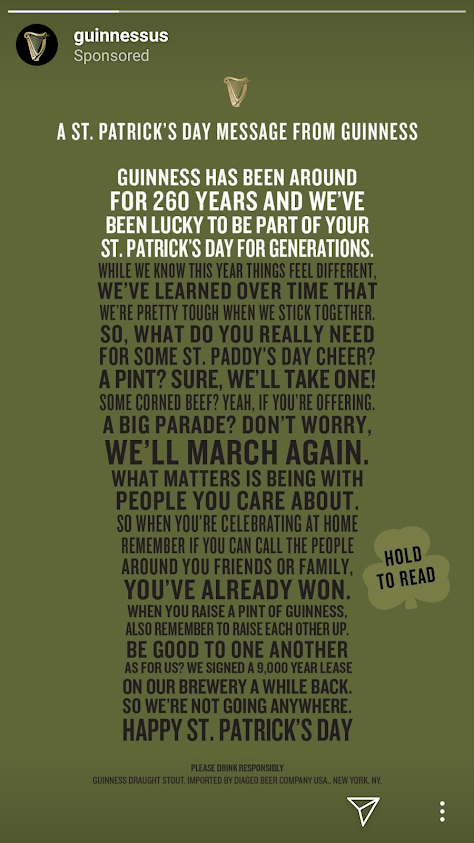
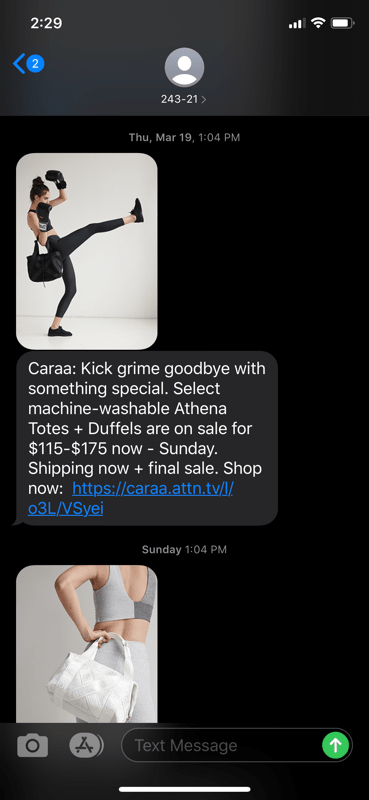

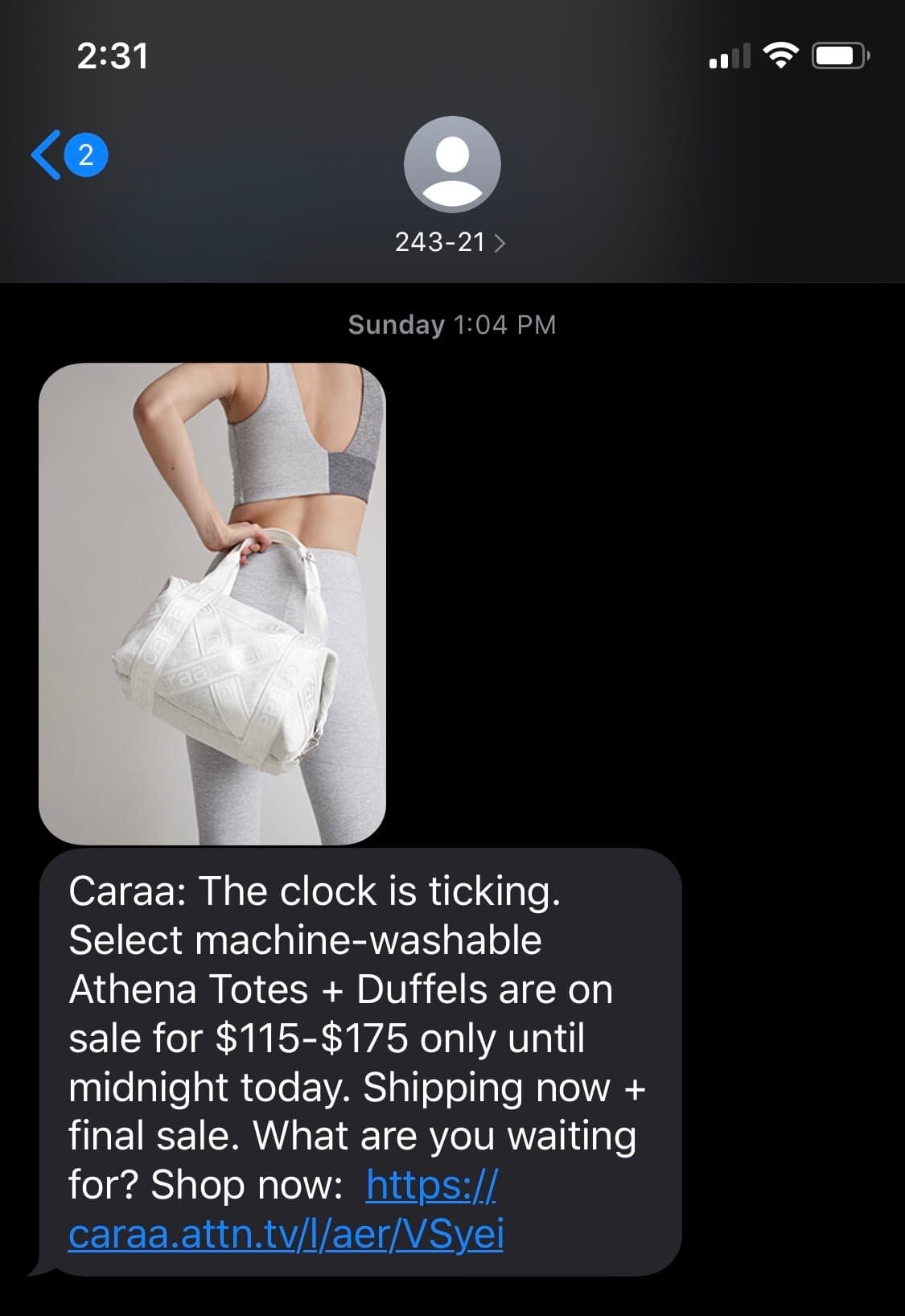
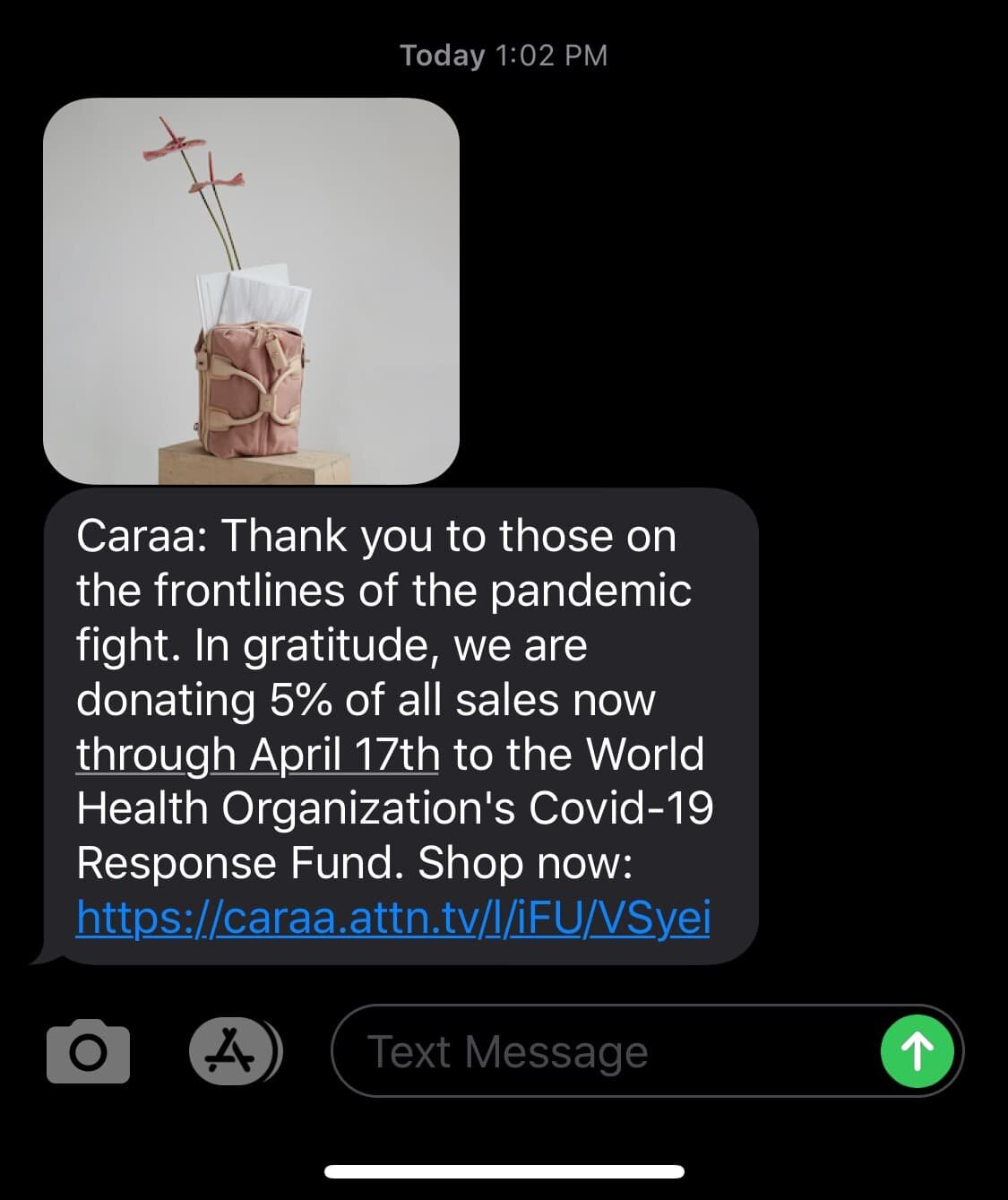


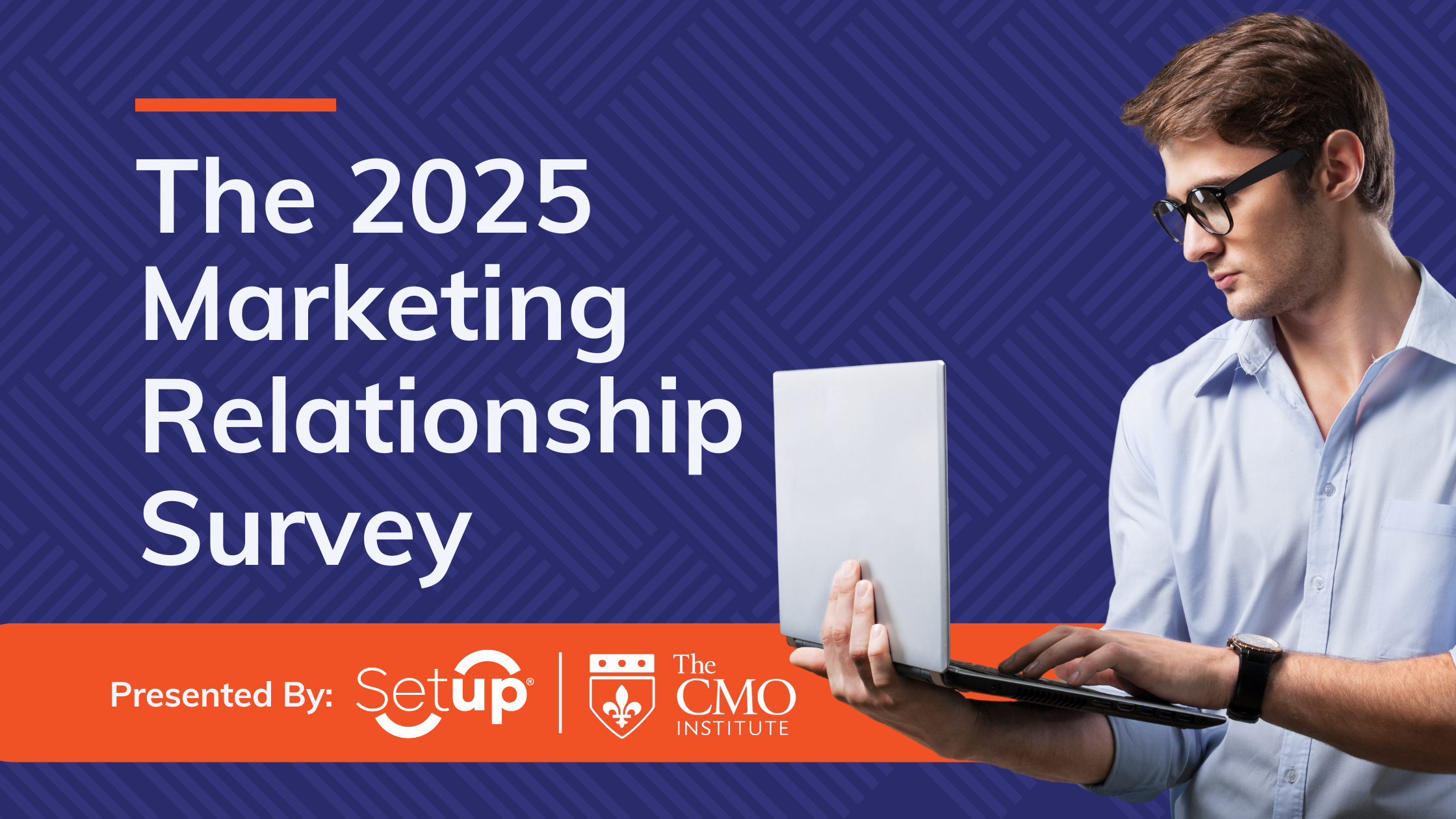






Setup’s 2025 Marketing Relationship Survey gives marketers a rare, honest look into what brands and agencies say is working and what quietly destroys partnerships.
The truth is that relationships fail because of patterns, mistakes that pile up over time, even after multiple warnings. So here are the most common red flags and green flags in the agency-client relationship based on what real marketers are telling us.